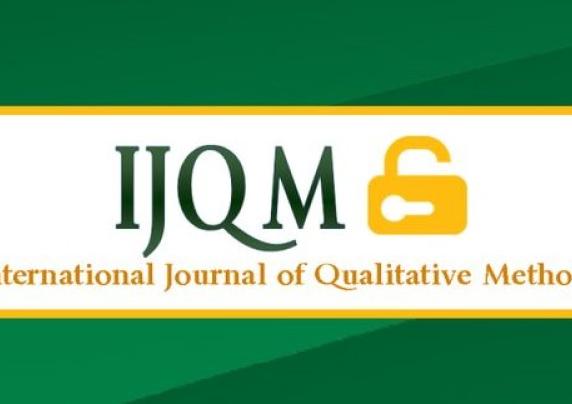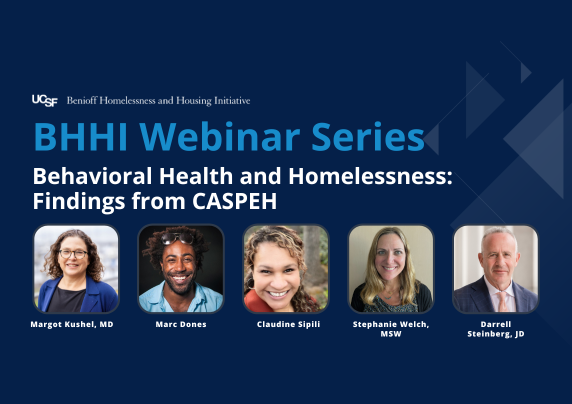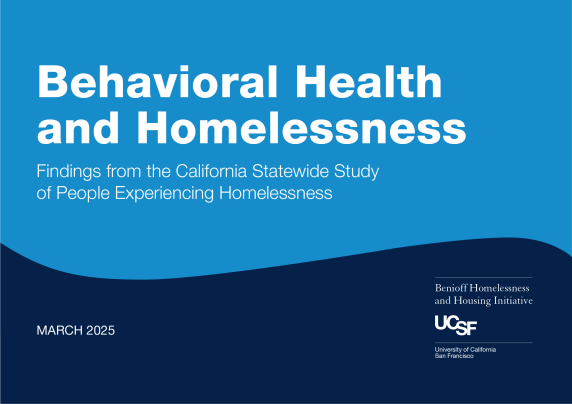Behavioral Health
The stress of experiencing homelessness can amplify previous mental illness and trigger anxiety, depression, fear, substance use, and sleeplessness.
UCSF BHHI behavioral health research focuses on people’s access to permanent housing, mental health services, shelters, and substance abuse support to prevent and end homelessness in the United States.
Related Resources
Image

Our Research
Methodological Lessons Learned From a Longitudinal Study of Overdose Vulnerability Among People Experiencing Homelessness Who Co-use Fentanyl and Stimulants in San Francisco, CA, USA
November 26, 2025
Image

The U.S. overdose crisis is now driven by polysubstance use involving fentanyl and stimulants. We received funding through the National Institutes on Drug Abuse’s Helping to End Addiction Long-Term (HEAL) initiative to conduct longitudinal qualitative research on polysubstance use among people experiencing homelessness (PEH) in San Francisco, California. This paper discusses the rationale for these combined approaches and lessons learned from conducting longitudinal qualitative research with a community in real-time during enhanced risk for criminalization and overdose fatality.
Read the Full Article
Image

News
Drastic changes coming to homeless services, new Trump order promises
July 31, 2025
Image

The United States is taking a sharp turn in how it addresses homelessness after a new executive order calling for more "involuntary commitment," which is a process in which mental health workers can forcibly detain and medicate people against their will. Studies have shown that the housing first model is significantly cheaper and more effective than involuntary detention.
"Americans want there to be no homelessness. And this is...a formula to worsen homelessness," says BHHI Director Dr. Margot Kushel of efforts to expand involuntary detentions & withdraw funding from communities that don't comply.
Read the Full Article
Image

Videos
Webinar: Behavioral Health & Homelessness: Findings from CASPEH
March 20, 2025
Image

Homelessness and behavioral health issues (mental health and substance use) are intertwined. The UCSF Benioff Homelessness & Housing Initiative held a webinar about this complex bidirectional relationship, along with solutions to this crisis. Margot Kushel, MD, Claudine Sipili, Darrell Steinberg, JD, and Stephanie Welch, MSW, discussed findings from the California Statewide Study of People Experiencing Homelessness (CASPEH), highlighted key policy recommendations, and answered audience questions. Marc Dones moderated the webinar.
Read the Full Article
Image

Press Release
New UCSF BHHI Report Examines the Relationship Between Homelessness and Drug Use
March 19, 2025
Image

Press Release
New UCSF BHHI Report Examines the Relationship Between Homelessness and Drug Use
March 19, 2025
The University of California, San Francisco Benioff Homelessness and Housing Initiative (BHHI) today released a report that examines the issues of homelessness and behavioral health (substance use and mental health) and makes recommendations for policymakers and practitioners.
Read the Full Article